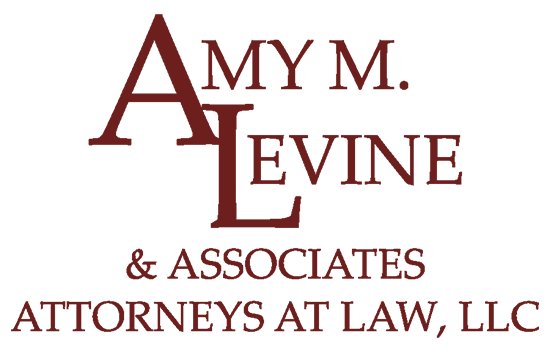Even a seemingly minor vehicle collision can lead to financial and emotional challenges. From lost wages to medial bills, an entire family can face financial peril after a car, truck or motorcycle accident. While it might seem advantageous to quickly settle your claim, there are three tips you should consider when dealing with an insurance carrier after a vehicle collision.
- Don’t admit blame: After a serious vehicle collision, you will likely find yourself talking to the insurance adjusters for your carrier. During these meetings, it is wise to remain objective, honest and succinct. Answer questions, but don’t volunteer any unnecessary information. If you continue to apologize for the accident or state that the collision was your fault, you might lose your right to seek monetary compensation. It is the job of the insurance carriers and the lawyers to determine liability, not you.
- Don’t implicitly trust the insurance company: Even after paying insurance premiums for years or decades, it is helpful to remember that the insurance company is just that: a company. While your best interests are important, their main priority is to remain profitable. Even in a straightforward case they might attempt to delay, devalue or deny your claim.
- Don’t forget to protect yourself: It is unhealthy to enter every situation assuming the worst of those around you, but after a serious vehicle collision, it is crucial that you protect yourself. You can seek legal guidance before making decisions or signing documents. Additionally, you might be asked to make a recorded statement regarding the facts of the wreck. It might be wise to consider your options for representation.
A vehicle collision can be an emotionally stressful time no matter the severity of the injuries or property damage. People might desire a speedy end to the process just so they can move forward with the rest of their lives. Unfortunately, this desire might damage their ability to recover monetary compensation from their insurance carrier or that of the at-fault party.
